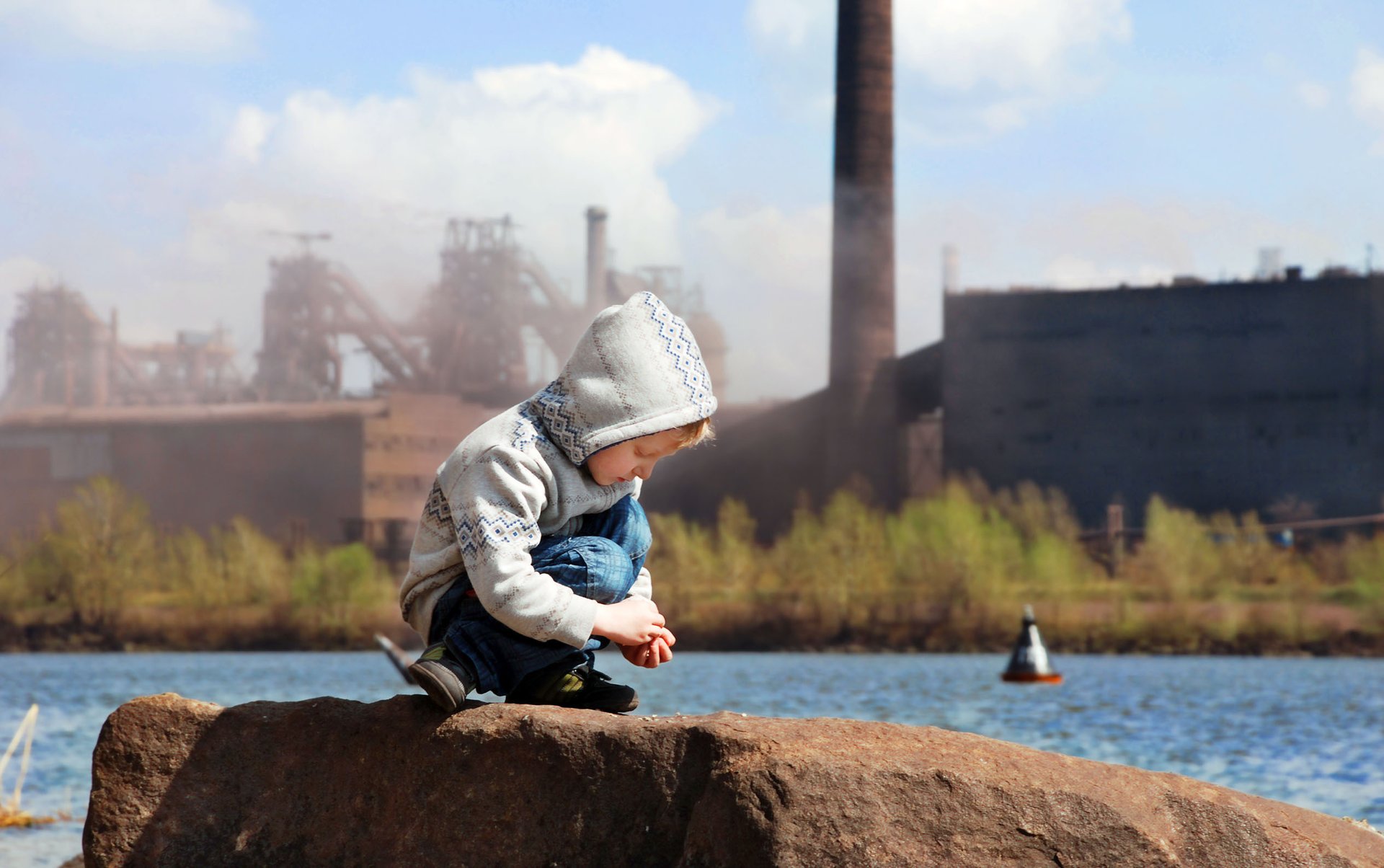
For an alarming 2 billion children across the globe, getting a breath of clean fresh air is difficult, if not downright impossible.
According to a new report by the United Nations Children’s Fund, 2 billion children live in areas where outdoor air pollution exceeds minimum air-quality guidelines. Nearly 1 in 7 of those kids — 300 million in all — are breathing in the most toxic outdoor air in the world, with air pollution levels that are six or more times higher than international guidelines set by the World Health Organization.
Breathing the toxic air can be deadly. UNICEF says air pollution is a major contributing factor in the deaths of about 600,000 kids under age 5 each year. Such dirty air “threatens the lives and futures of millions more every day,” said UNICEF Executive Director Anthony Lake in a statement.
The outdoor pollution is caused by a variety of factors, including:
- Vehicle emissions
- Heavy use of fossil fuels
- Dust and the burning of waste
Children in South Asia, Africa, East Asia and the Pacific region are most at risk from air pollution. According to the Associated Press, on Monday the air pollution levels in New Delhi, India, were 90 times higher than WHO recommendations.
“My eyes are irritated, I’m coughing, and I find it difficult to breathe,” 18-year-old Delhi student Dharmendra — who uses only one name — told the AP.
Children are more at risk from breathing toxic air because they breathe twice as quickly as adults, and their brains and immune systems are still developing. Lake says:
“Pollutants don’t only harm children’s developing lungs – they can actually cross the blood-brain barrier and permanently damage their developing brains – and, thus, their futures. No society can afford to ignore air pollution.”
UNICEF is urging world leaders to take the following four steps to protect children:
- Reduce air pollution
- Minimize children’s exposure to pollution
- Increase access to children’s health care
- Better monitor air pollution levels
Are you surprised by how many children are breathing toxic air? Sound off below or on Facebook.




Add a Comment
Our Policy: We welcome relevant and respectful comments in order to foster healthy and informative discussions. All other comments may be removed. Comments with links are automatically held for moderation.